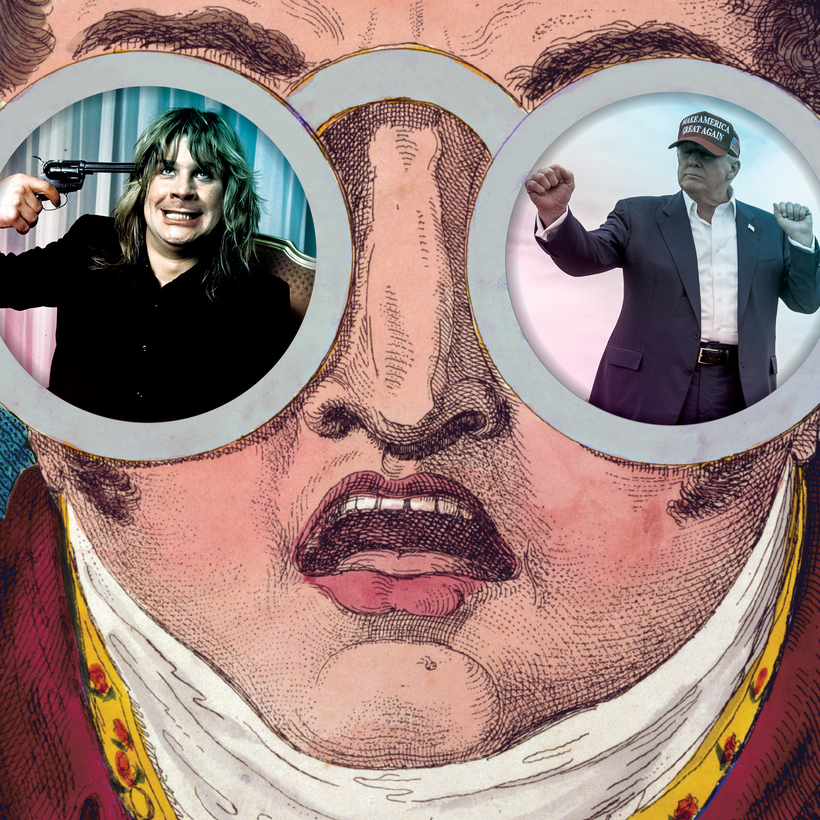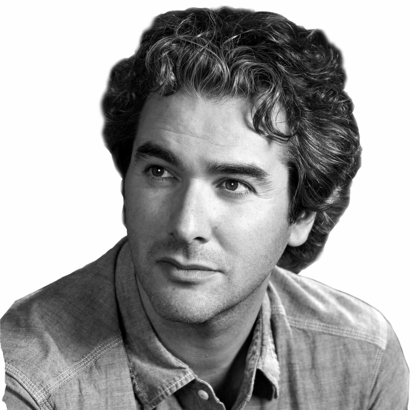Shortly after Robert F. Kennedy Jr. announced that he would be pausing his troubled presidential campaign and throwing his weight behind the candidacy of Donald Trump, he was received as a “rockstar” at one of Trump’s rallies, according to a reporter for the conservative Web site the Bulwark.
It was an apt description. When one tries to come up with a precedent for R.F.K. Jr.’s multiple debaucheries—the “lust demons,” the heroin addiction, the dead bear cub, the decapitated whale—the only individual who really springs to mind is Ozzy Osbourne, the Black Sabbath singer who spent years on a semi-permanent cocktail of cocaine, heroin, and cough syrup, slept with countless young groupies, and infamously bit off a bat’s head while onstage. Or perhaps Led Zeppelin, who, in addition to consuming quantities of pills, potions, and powders, were alleged to have roped a shark into one of their sexual orgies.


